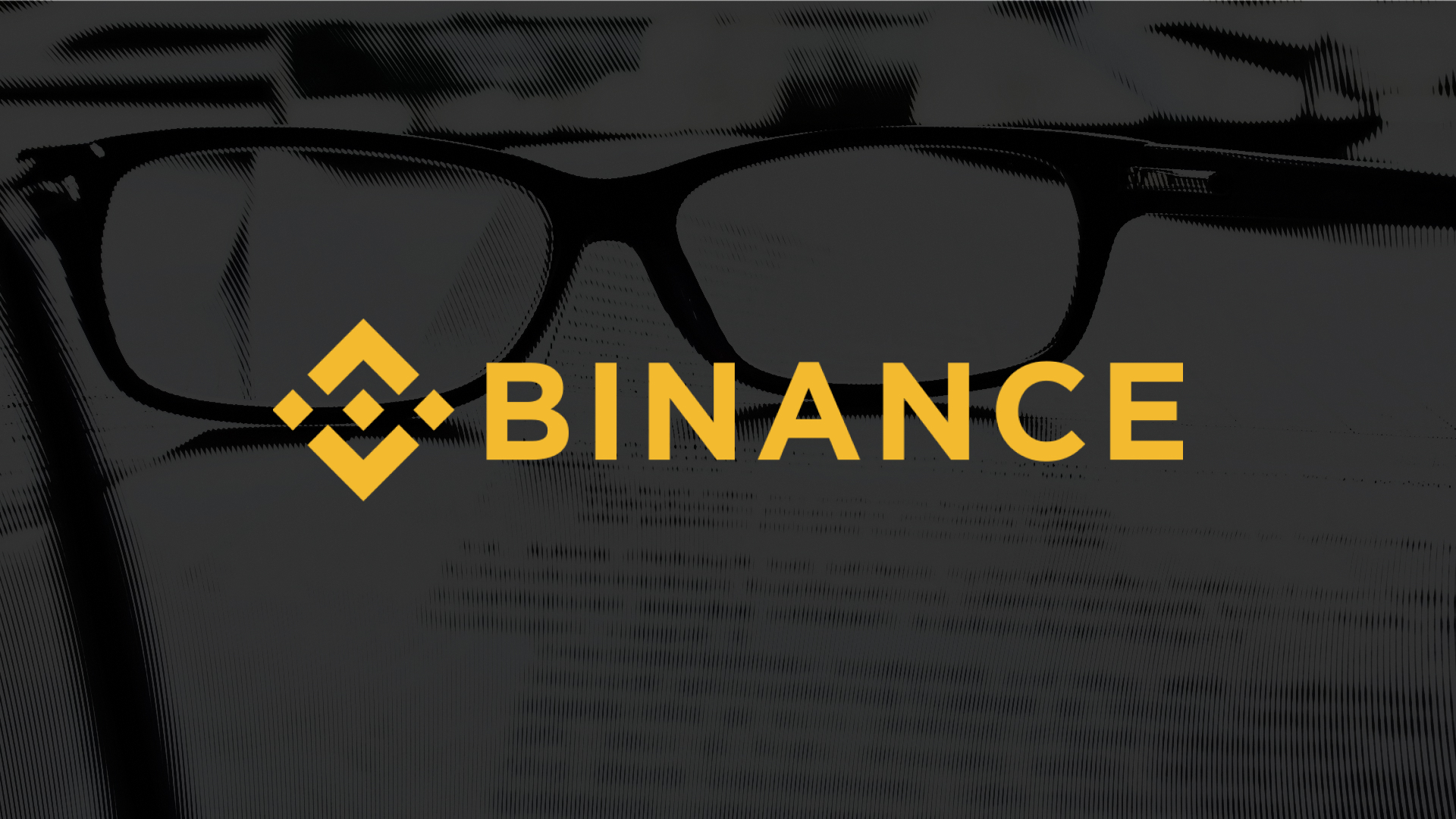Binance Reverses Plans To Delist Specific Privacy Coins In Europe
2
0

Binance, the world’s largest cryptocurrency exchange, has reversed its decision to delist certain privacy coins in Europe.
After feedback from several projects and the community, Binance had earlier revised its operations to comply with EU regulations and delist several privacy coins.
Binance Goes Back On Initial DecisionThe European Union’s new Markets in Crypto Assets (MiCA) regulations triggered the move to delist privacy coins in the European markets. These new regulations called for increased transparency and information sharing when it came to cryptocurrency transfers and transactions. Binance stated in a press release issued on the 26th of June,
“After carefully considering feedback from our community and several projects, we have revised how we classify privacy coins on our platform to comply with EU-wide regulatory requirements.”
It also added that because Binance conducts operations as an exchange registered in several European Union jurisdictions, the exchange is obliged to follow local regulations. These require them to monitor transactions for the coins that are listed on the platform. The exchange had previously announced that it was shuttering trading services of 12 privacy-focused tokens. These included several well-known coins such as Dash, Monero, and Zcash, along with lesser-known ones such as SCRT and XVG.
The move came in the face of growing regulatory pressure on the cryptocurrency ecosystem and would impact users based in France, Spain, Poland, and Italy. Delisting the tokens meant that users in these jurisdictions could not purchase these privacy tokens, dealing a significant blow to privacy coin enthusiasts. Binance had stated at the time,
“While we aim to support as many quality projects as possible, we are required to follow local laws and regulations regarding the trading of privacy coins to ensure we can continue to serve as many users as we can. “As part of Binance’s ongoing compliance processes, we have reached out to affected users to notify them that they will no longer be able to purchase or trade privacy tokens on our platform after the 26th of June.”
Binance is not the only exchange that has moved to delist privacy tokens. Several other prominent exchanges, such as Huobi, Kraken, and Bittrex, had already removed several popular privacy tokens, such as Dash and Monero, from their listings. Furthermore, several governments, such as those in Japan, South Korea, and Dubai, have taken a hawkish stance against privacy coins, with some even banning them outright.
Projects Rush To Reassure UsersAccording to email communications sent to users, several cryptocurrencies, such as XMR, MOB, BEAM, ZEN, and FIRO, are still subject to restrictions. However, with the ban retracted, several cryptocurrency projects took to Twitter to reassure their users that their projects would remain unaffected. Verge Currency had posted an update as early as the 22nd of June, stating,
“We are pleased to inform you that $XVG will remain unaffected by @binance’s trading restrictions on #privacy coins in certain EU countries. Verge utilizes a public #blockchain with visible transactions, amounts, and wallet addresses.”
The Secret Network also posted an update for its users, stating that it is not included among the currencies Binance planned to delist.
“You spoke, and Binance listened! @binance will not be delisting $SCRT, along with six other privacy-focused cryptocurrencies, in European countries.”
The Current Regulatory LandscapeBinance’s decision to reverse the delisting of privacy coins comes after receiving feedback from the crypto community and reviewing its operations to comply with regulatory requirements in the European Union. The initial move to delist the coins was the result of the European Union’s Market in Crypto Assets (MiCA) regulation, which was signed into law on the 31st of May. The regulation also includes a “travel rule” for transactions, requiring more transparency and information sharing. This clashed with the very nature of privacy coins, leading to several concerns when it came to compliance.
However, the cryptocurrency industry has been welcoming of the Markets in Crypto Assets regulations, stating that it provides regulatory clarity for digital assets. Crypto payments service provider Ripple is one company that has expressed considerable appreciation for the clarity ushered in by the MiCA regulations. Furthermore, the European Securities and Markets Authority is also planning a MiCA consultation process, set to begin in July.
Disclaimer: This article is provided for informational purposes only. It is not offered or intended to be used as legal, tax, investment, financial, or other advice.
2
0









